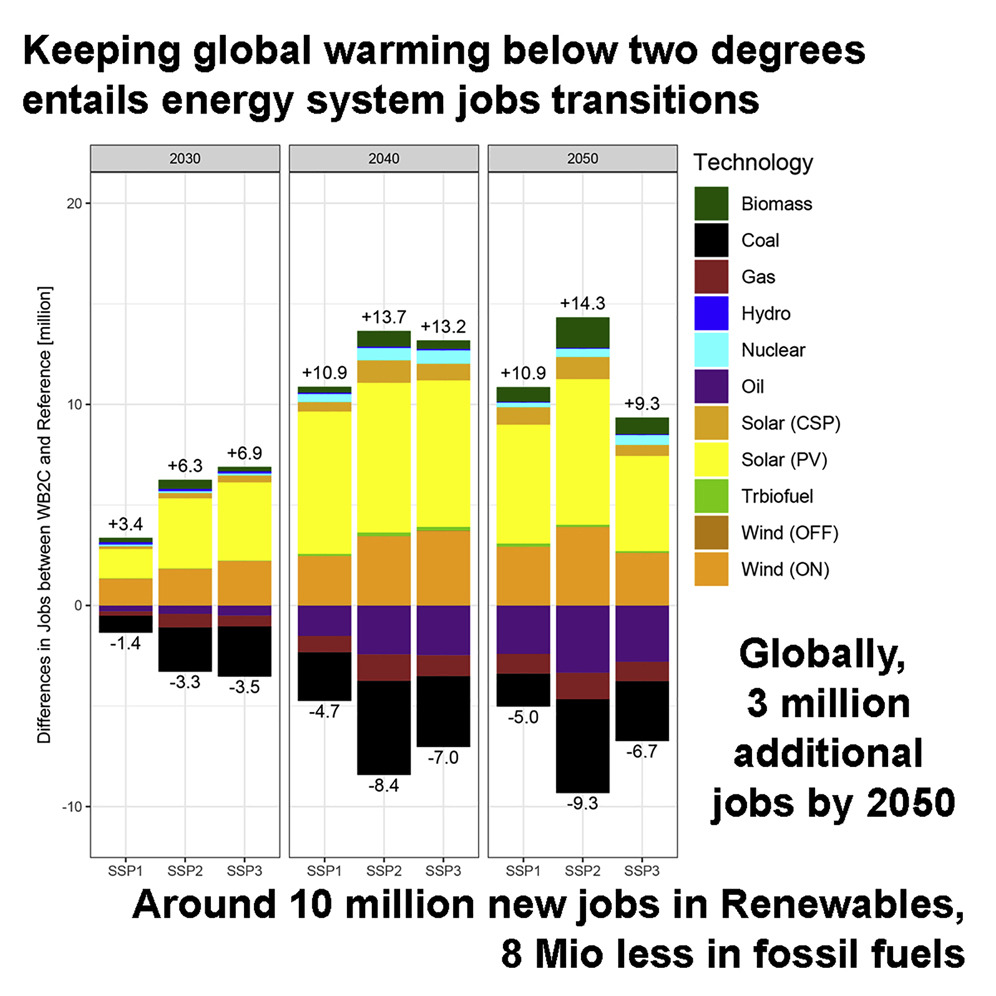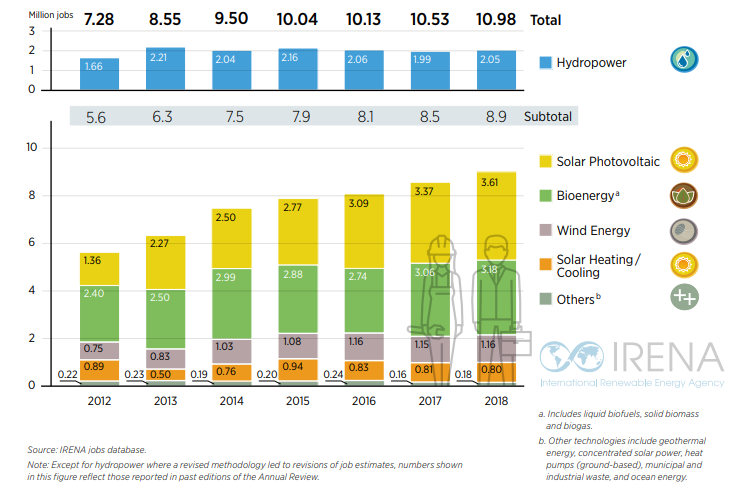Every time humanity thinks that the world is sinking under their own actions, it is human wisdom that comes to their rescue. It just needs to be on time to fulfil the motive.
Planned motives have never helped us much, rather abrupt realizations of the time have prompted the humankind to change and mend its own ways, towards a sustainable future.
For when it was acknowledged well that worldly greenhouse emissions are beginning to smother us, we turned to renewable energy, controlling our net emissions, curbing sources of such pollution etc.
We even worked towards affirmatory procedures like increasing Carbon sequestration, increasing number of electric vehicles instead of conventionals, incentivizing Solar and wind energy etc.
And this has helped significantly towards our goals to save the world from collapse.
But post-pandemic when the world economies are crumbling with lesser fluidity of capital, strained macro parameters, lesser number of jobs, even people have seemingly lost their existing jobs in the flow.
Will Human insight help us now? Indeed yes.
Inspiringly, we have got another reason to renounce fossils and switch to Renewable energy.
A new study has revealed that quitting the fossil fuels will lead to creation of significant 80 lakh energy sector jobs across the world by 2050. Out of these, nearly 5.4 lakh jobs will supposedly be spurred in India.
Currently, India has about 8.6 lakh energy jobs in the current times in total.
In a research paper published in ‘One Earth’, the author has clarified: “Climate action results in more jobs.”
Contrary to our common sense, the paper has established that the number of jobs in India will increase from 8.6 lakhs to 14 lakhs by 2050, if the Paris Agreement target to keep the temperature well below 2 degree C is fulfilled.
Under the above scenario, 84% of the world jobs will be linked to the renewables sector, 11% relating to fossil fuels and 5% to be with nuclear.
South Asia, on the whole, will add up nearly 69000 new jobs.
Also, US, North Africa and Middle East will turn out to be real winners in generating maximum number of jobs, as per the study conducted, nearly a million new jobs by 2050.
This is disparaging as inequality will be witnessed in case of renewable boom-related jobs too, with different regions benefitting differently.
Jobs and regional imbalances: gain or loss
A deep analysis a complex inter-play between changing energy supply and job creation due to policy, differences in job, shifts in energy demand as well as an influence of socio-economic drivers like population, GDP etc.
Why do Renewable energy sector will create more jobs?
This happens because these technologies are more job-intensive. And with increasing market of renewables, this seems like an opportunity worth grabbing.
While we know that currently developing Nations like India, have a huge employment base in fossil fuel sector and uprooting such a wide system may be offensive with proposed increase in energy demand (with increasing global temperatures) and consequent rise in sector jobs.
This consequent fall in fossil fuels would witness jobs related to this sector falling from 12.6 million in 2021 to just 3.1 million by 2050.
The report has asserted: “Climate policies are often pitted against job losses in national politics; however, our results show that, while the majority of fossil fuel jobs could be lost in many parts of the world (although not all), these jobs could be offset by gains in renewable energy jobs”.
“In particular, there would be a large expansion of renewable manufacturing jobs, which could lead to competition to attract and expand solar and wind industries.”
As per another report titled ‘Renewable Power Generation Costs in 2020’ undertaken by International Renewable Energy Agency (IRENA), replacing the highly-polluting coal power with renewable energy forms can save its operators a $32 billion per year, thereby, reducing the annual carbon dioxide emissions by around three billion tonnes in future.
All this excess capital saved from operational causes as well as offsetting the carbons, can therefore, be diverted for job creation.
“This is an important finding as current fossil fuel dependent countries with substantial fossil fuel extraction jobs who face job losses in sectors like coal mining or others, could promote the domestic renewable energy equipment manufacturing sector to create a large number of domestic jobs”, the report added.
The study analysis has been done based on information extracted from over 50 countries even involving the major fossil-fuel-dependent economies like India, China, Russia, Middle East etc.
These countries and regions have never been included in any such literature whatsoever along with important consideration on various dimensions like with and without climate policy in addition to varying socioeconomic parameters.
Prior to this, all other such studies engaged only OECD datasets and while assessing such details about non-OECDs, they applied the use of regional multipliers for the calculation of job impacts.
This study is again specific with respect to another quotient too.
Normally, previous ones have highlighted just the economic and technological side of things regarding job impacts, ignoring the very basics of human nature and socio-cultural aspects associated with it.
However, this study has been unique in capturing the social side to the upcoming energy transition that remains largely unknown to the world.




